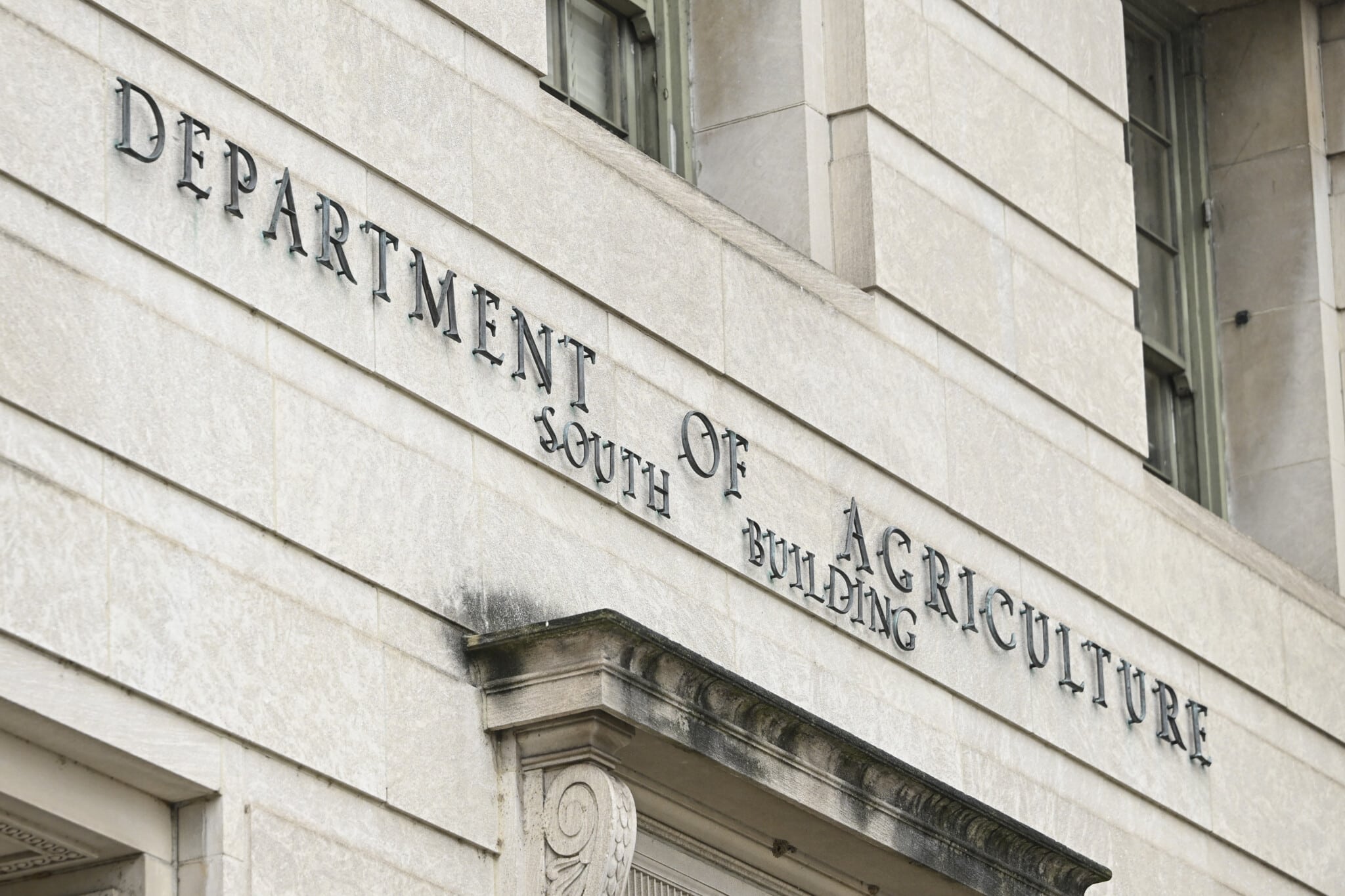

Washington is moving to block China and other adversaries from buying U.S. farmland and hacking our food supply. On July 8, the U.S. Department of Agriculture (USDA) released its National Farm Security Action Plan to counter foreign land grabs and bolster agricultural cybersecurity.
The plan reflects concerns that Beijing’s infiltration of the homeland could turn America’s farmland into a strategic vulnerability via espionage or sabotage to the nation’s food system.
New Action Plan Regulates Foreign Farmland Purchases, Bolsters Cybersecurity
The USDA’s plan includes investment and cybersecurity protection measures to prevent China from acquiring American farmland. These include enhancing enforcement of the Agricultural Foreign Investment Disclosure Act (AFIDA) and partnering with Congress and state officials to ban foreign adversaries from acquiring land. The plan will also strengthen the scope of the Committee on Foreign Investment in the United States (CFIUS) to specifically screen transactions involving farmland and agricultural biotechnology.
The plan also seeks to protect farm-related critical infrastructure from adversarial cyber threats. Alongside closer partnerships with private companies, the USDA will enhance cooperation with the Food and Ag Information Sharing and Analysis Center, a trusted industry cyber threat sharing network. The department will support higher education programs to build an “agro defense workforce” that prepares security professionals to address evolving threats to the industry.
Chinese Land Ownership and Cyber Threats Expose Vulnerabilities in U.S. Agriculture
The action plan comes as China’s strategic footprint within the U.S. agricultural system raises growing security concerns. While Chinese firms and nationals collectively only hold roughly 270,000 acres, much of these holdings are concentrated around military bases, amplifying risks of espionage or sabotage. These security concerns have been elevated by China’s 2017 National Intelligence Law, which mandates that Chinese firms and citizens cooperate with state intelligence authorities.
At the same time, farms increasingly depend on connected systems — GPS-guided tractors, smart irrigation networks, drones, and sensors — to monitor and manage operations. While these systems boost efficiency, they also create vulnerabilities.
Additionally, many farms rely on outside companies to provide and manage these tools. But if these third-party providers lack strong cybersecurity protections, they can become weak links for hackers to exploit and disrupt operations. As these digital systems become more interconnected, a single successful cyberattack could trigger cascading effects across the entire food supply chain.
For instance, on June 5, United Natural Foods Inc. — a major organic food distributor and supplier to Whole Foods — discovered a cyberattack that forced the company to take systems offline, disrupting order processing and deliveries. Although Whole Foods has not disclosed the full extent of the disruption, several locations nationwide reported significant shortages.
Washington Must Prioritize Protecting Rural Critical Infrastructure
The National Farm Security Action Plan takes meaningful steps to enhance transparency and coordination on foreign ownership of U.S. farmland, including long-overdue reforms to the AFIDA process. However, Washington must move quickly to turn these intentions into action.
While the plan commits to improving tracking of farmland ownership, USDA continues to face resource constraints that hinder its ability to address cybersecurity vulnerabilities in the sector. USDA’s Office of Homeland Security still relies on a single employee dedicated to CFIUS reviews, despite a 900 percent increase in cases. Unless Congress increases USDA funding and staffing, the agency will not be able to fulfill its sector risk management agency responsibilities.
The plan also falls short in addressing cyber and supply chain vulnerabilities facing the food and agriculture sector. The just-in-time transportation model — designed to reduce overhead by delivering goods as needed — combined with widespread reliance on internet-connected devices and third-party service providers, creates multiple points of failure that adversaries can exploit. Congress should work with the industry to establish sector-specific cybersecurity standards and a risk assessment framework to protect the food supply chain.
Without stronger protections and federal action, America’s farmland and food supply will remain vulnerable to foreign control and digital threats.
Jack Burnham is a research analyst in the China Program at the Foundation for Defense of Democracies (FDD). Maria Riofrio is an intern at the Center on Cyber and Technology Innovation (CCTI) at FDD. For more analysis from the authors and FDD, please subscribe HERE. Follow Jack on X @JackBurnham802. Follow FDD on X @FDD. FDD is a Washington, DC-based, nonpartisan research institute focusing on national security and foreign policy.




